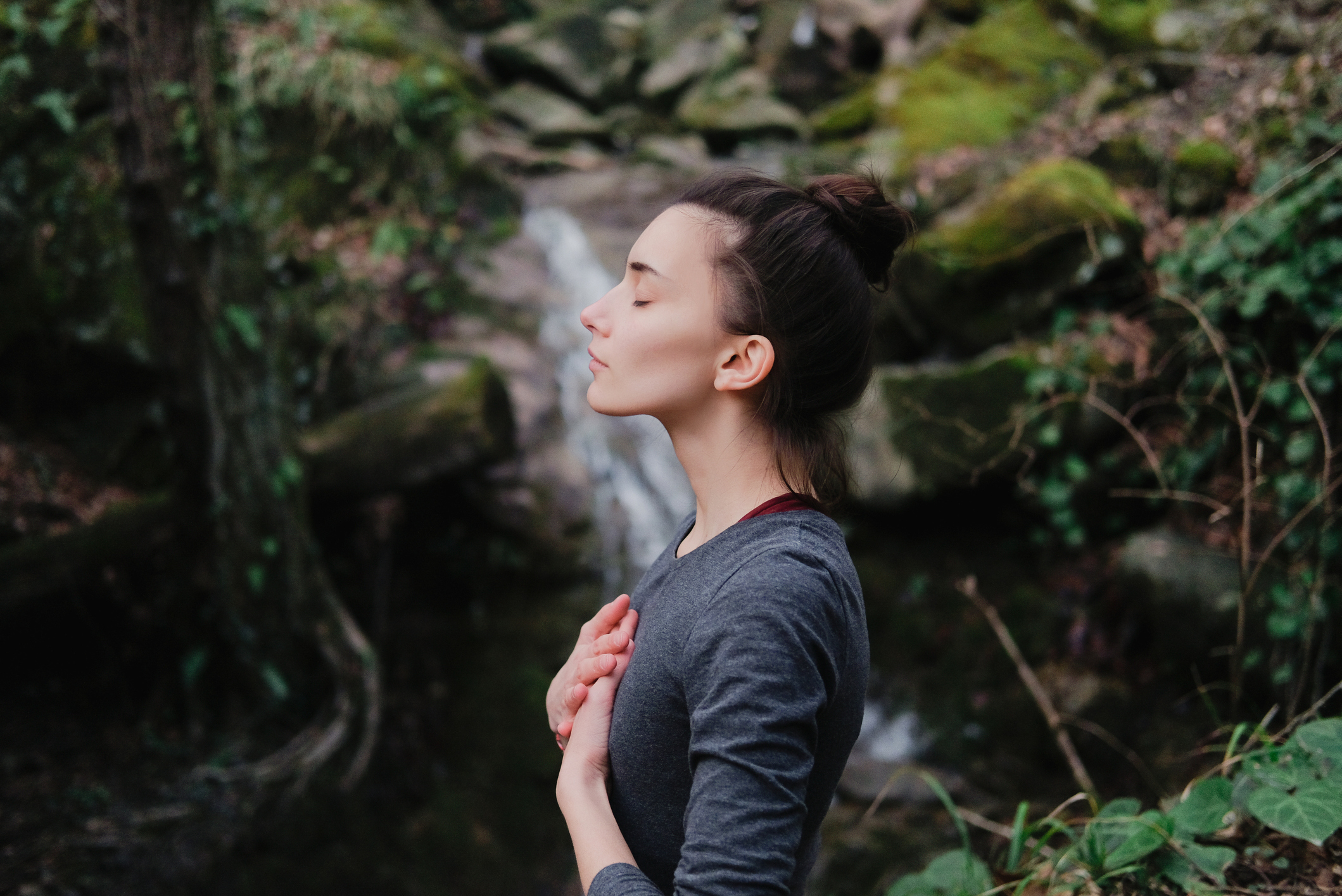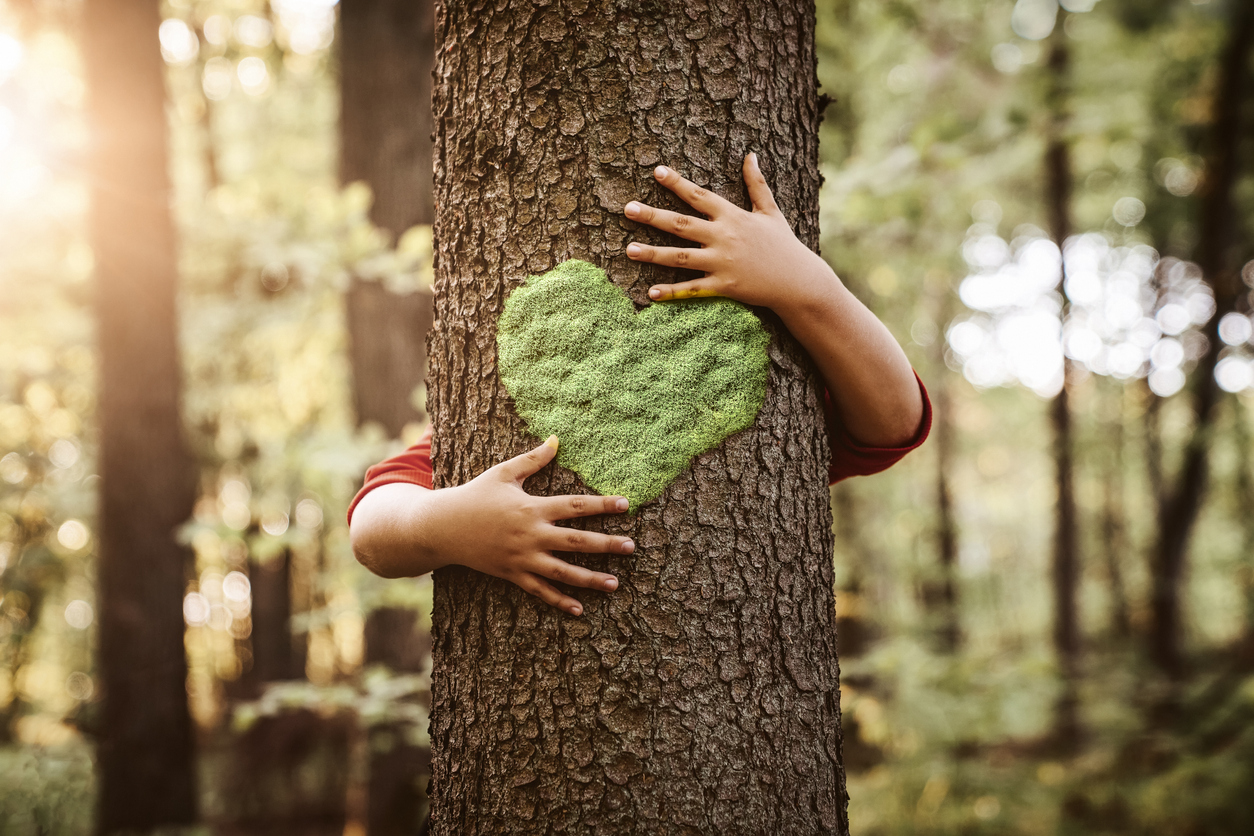
There is no question that the lifestyle we lead today is not exactly healthy. Life revolves around technology and urbanism and the frenzied pace of life that comes with it. Most of us live all cooped up in ratholes whilst we fall victim of large-scale production and embody the consumer society. And we have grown so used to it that we believe it all forms an intrinsic part of the human being.
This is far from the truth. This imposed and artificial lifestyle has little to do with the ancestral aspect of the human being. The history of mankind has been closely linked to nature, making Homo sapiens a biocentric being.
The millions of years that man has spent connected in such a dynamic and profound way with the environment, has determined its impending need to be in close contact with the remainder of living beings—be them plants or animals.
So, What Is Biophilia?
First described by psychologist and humanistic philosopher Erich Fromm in the 1960s, ‘biophilia’, simply put, is the love of life or living things. American biologist Edward O. Wilson went further to introduce and popularise the ‘Biophilia hypothesis’ that we do not just love all things in the natural world, but we are genetically connected to them and have a deep desire to connect with nature whenever possible. It is indeed this connection that is essential for our full psychological and physical development.
This definition allows us to explain the reason behind the sense of well-being that the world of nature breathes into us. One thing is absolutely certain: the human being is biologically driven to nature. Our subconscious desire to be close to nature in our everyday lives takes on a greater meaning, at a time when the need to preserve our ancestral habitat is constantly being challenged.

One of the most incredible recent findings that explain the increase in certain conditions is the lack of a natural environment—nature deficit. Many of the ailments of our times are potentially related to an insufficient exposure to nature, which our ancestors were lucky enough to experience on a daily basis.
It therefore becomes crystal clear that a step towards a healthier lifestyle is to increase the time we spend outdoors, in the greenery and in contact with wildlife.
A Healthier Environment At The Wine & Country Club
You already took that step towards a healthier lifestyle by moving to The Wine & Country Club and settling in on a winery estate nestled in the Ronda meadows and surrounded by nature’s bounty; halfway between centuries-old holm oaks and olive groves, embraced by vineyards and guarded by Sierra de Grazalema and Sierra de las Nieves—it does not get more biophilic than that!

An important step in life, where self-care takes centre stage; where time stands still and the vital rhythm itself marks the course of events; where you do not need to look hard to find a natural environment, because you already live in it—nature is your home.
The biophilia effect is already making a dent and reframing the design of our habitats. And The Wine & Country Club is living proof of that. We are certain that this is no passing fad but rather a trend that will grow exponentially in the coming years as new research continues to emerge and demonstrate its many benefits.




